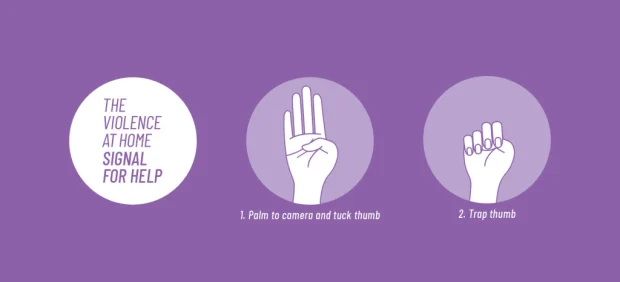What’s the first thing you reach for in the morning? If you’re like most Australians, it’s your phone or tablet so you can access the Internet. Being online is now part of everyday life. From online shopping and scrolling through social media feeds to emails and banking. But safety online reaches further than having strong passwords, using a Virtual Private Network (VPN) and being aware of the dangers of cyberbullying and identify theft.
Read on for tips on how you can help improve your online safety while helping your friends, family, and colleagues stay safe online.
Guard your personal information
How much personal information do you post online? From photos of your holiday and recent renovations to the new puppy you’ve fallen in love with. With identity fraud on the rise, any personal details like your birth date, street address or favourite café can give fraudsters the information they need to steal your identity.
To reduce the risks of identity theft:
- Never post your full birthdate online.
- Keep your personal information to a minimum.
- Don’t accept friend requests from people you don’t know or have never met.
Be aware when online
Over the past couple of years, you’ve probably had more online meetings via Zoom, FaceTime, and Microsoft Teams than ever before. Whether you’re meeting with colleagues, family members or friends, you must know how to help someone if they’re in a violent relationship.

The universal signal for help is a silent way that indicates the person is in a situation that’s physically and/or emotionally violent. Like a wave, the signal is to hold either hand up like a wave – except they tuck their thumb into their palm with fingers closed around the thumb to ‘trap’ it. They may release and repeat. Watch this YouTube #SignalForHelp video for a visual guide.
What to do If someone makes the #SignalForHelp this sign:
- Don’t ask follow-up questions or say anything out loud as their perpetrator may be in the same room.
- Nod or make a signal back like an “okay” sign or a thumbs up to acknowledge their signal. Continue with the conversation normally.
- After the call’s ended, it’s essential to follow up and get advice on how to help the person by contacting the Family Violence Response organisation within your state:
Shop safely online
From groceries and office products to clothing and makeup. Shopping online has boomed over the last couple of years. While you’ve got to provide personal information, including your credit card details, there are a few things to be wary of including:
- Only shop or bank at websites that start with “https” and have a padlock icon.
- Check if there are any spelling errors in the website URL; if so, it’s an indication it could be a copycat scam.
 1300 032 200
1300 032 200

